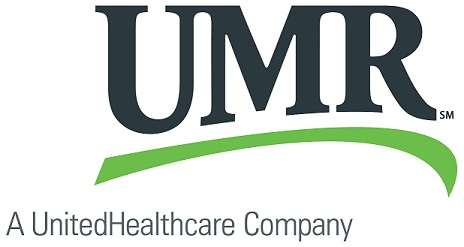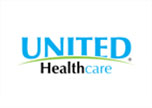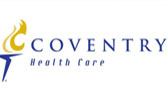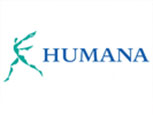Programming & Addiction Therapy Modalities at OARC
When searching for drug and alcohol treatment in Ohio, the range of available services can be overwhelming. Choosing a residential rehab is a serious decision, so most families want to to first understand the programming and therapeutic modalities of a facility to give their loved one the highest chance of success. No matter what type of program you are considering, the therapeutic approach should be on the top of your priority list. At any inpatient rehab, outpatient rehab, or detox center near you, addiction therapy will be a component throughout your continuum of care. Below, we explain our holistic programming and evidence-based therapy models we provide for our clients.
Addiction Therapy at Ohio Addiction Recovery Center
At Ohio Addiction Recovery Center, we apply evidence-based therapies to treat the underlying causes of substance use disorders. It’s estimated that over half of individuals who struggle with addiction have a co-occurring mental health condition. For that reason, psychotherapy is a major component at OARC. Some of the common modalities we use include:
Individual therapy: At OARC, you or a loved one is assigned a primary therapist for individual counseling sessions. You and your therapist develop treatment plans and explore various modalities in a private one-on-one sessions.
Cognitive behavioral therapy (CBT): CBT is a form of talk therapy focused on modifying dysfunctional beliefs. CBT helps our clients identify destructive behaviors, patterns, and thoughts while learning new coping skills or perceptions.
Group therapy: In an addiction treatment center, you are surrounded by peers who have similar struggles. Group therapy sessions help our clients identify shared patterns, process their struggles, and heal from negative self-image. Bonding and processing with people who share a common struggle can be immensely powerful and therapeutic. Clients are never forced to share information they aren’t comfortable sharing in a group setting, and confidentiality is taken extremely seriously.
Dialectical behavior therapy (DBT): Similar to CBT, DBT is a form of talk therapy designed for individuals who struggle with intense emotions. DBT has a strong educational component, helping our clients learn new coping skills to regulate emotions. It is also a common modality used for borderline personality disorder.
Motivational interviewing: Motivational interviewing is a method used to help clients overcome insecurities and discover their internal motivation for change. Rather than giving advice, counselors use motivational interviewing to help clients come to solutions and possible behavioral changes on their own.
Attachment-based therapy: Attachment styles are developed in early childhood and are influenced by parents or caretakers. Individuals with avoidant or anxious attachment styles may struggle with relationships. Attachment-based therapy aims to identify these patterns and develop strategies for healthier relationships.
Cognitive processing therapy (CPT): CPT is a specific type of CBT focused on trauma and PTSD. CPT aims to modify self-blaming thoughts related to a traumatic experience. CPT can include both talk therapy and “homework” assignments.
These are just a few of our common techniques. You and your counselor may use other modalities depending on your needs. Most therapists apply a combination of various methods to suit their individual client’s needs.
Programming & Holistic Therapies
In addition to psychotherapy, our inpatient rehab also includes various holistic therapies, life skills, education, physical fitness, and more. Our program aims to treat the whole person: mentally, physically, and spiritually. We believe our well-rounded approach enables our clients to leave our care as a new person with a range of tools to support long-term recovery. Some of our holistic offerings include:
- Art therapy
- Adventure therapy and excursions
- Activities, games, and team building
- Personal training/Yoga
- Spiritual guidance and activities
- 12-step Groups
- Alumni Speakers
- Alumni Events
- Life Skills
- And more
Learn more about these programs below.
More Questions? Call Us Today
We know clients and their families have many questions when it comes to addiction treatment. Our specialists are standing by to answer any other questions you may have, verify insurance benefits, or offer advice. Calls are always toll-free and confidential. Make your recovery a reality and reach us at 800-481-8457.
















